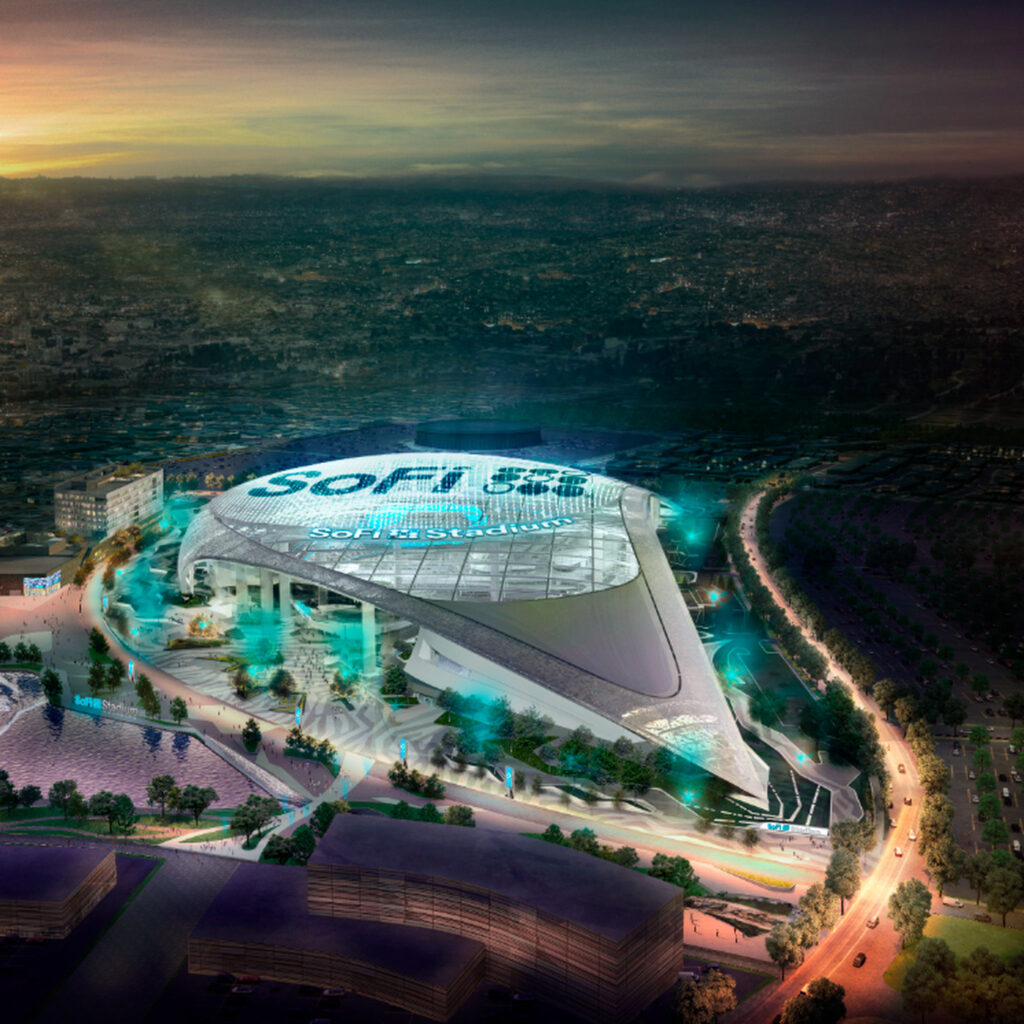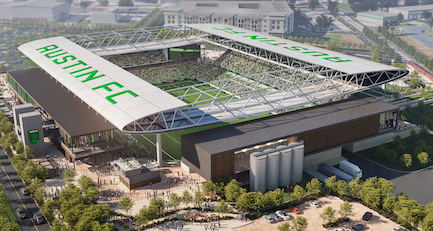For the better part of two years, there has been an increasing buzz around the arrival of Austin FC. In just a mere two-and-a-half months, the capital of Texas will receive its first professional major league team; despite a slow, somewhat controversial campaign, Austin FC will soon become Major League Soccer’s 27th team.
Irrespective of universal COVID-related setbacks, it seems that Austin FC is on track to open up in a big way. “We’ve been very fortunate,” said team president Andy Loughnane about the status of the stadium and team operations.
“[Austin FC] been able to remain on schedule with our stadium construction. We’ve been ahead of schedule for a substantial period of time as it relates to the buildout of our sponsorship business, our ticketing business and our staffing,” said Loughnane on the prospect of being delayed due to COVID. While most of the crucial ingredients seem to be taken shape to start a successful inaugural season, there is one neglected element that’s hard to miss. At present, Austin FC does not have a name for their stadium.
The name of a stadium may not seem like big deal, considering the fact that names are literally ubiquitous in the world. However, in the sports and entertainment world, the naming of a facility or venue is of preeminent importance. When you look at any professional/commercial entertainment facility, one of the first things that come to mind is its’ name. While the inflows/outflows, seating views, and amenities are not unimportant elements, I’d argue they fall secondary in overall experience after the name.
In fact, many arenas/stadiums carry vaunted monikers that establishes the team’s prestige, status, and attitude (see, for example, The Garden, The Palace, or The Great American Ballpark). If done correctly, a name can add an indispensable element to not just a facility, but also to the team itself.
This cannot yet be said of Austin FC, who – despite being less than three months from their first game – have not converged on a name for their stadium.
As mentioned above, stadium names, when purposefully chosen, can confer something special about the city, the team, or both to visitors. Stadium names are important in other ways as well. For example, named stadiums can acts to memorialize significant contributors and luminaries (See Lambeau Field or Darrell K Royal–Texas Memorial Stadium). However, in the modern age, the ability to generate revenue from the name is the chief reason why stadiums names are so important.
A part of any successful sports organization is how it generates revenue – especially outside of ticket sales. Regardless of team or sport, there’s little variance in the amount of money teams can generate on a host of areas. For instance, a good team is not going to have substantially better concession, jersey sponsorship, or merchandise revenue in contrast with an average team. However, one area that makes a huge difference for the finances of a team is the naming-rights deals they are able to secure for their facilities.
Naming-rights partnerships are essentially agreements between a stadium owner and an outside company to brand and name the stadium after the company for a certain length of time. These are very common in the world of sports and entertainment.
Take for example, one of the more recent naming-rights deals between the owners of the Los Angeles Rams and Charges and mobile upstart SoFi (Social Finance Inc.). According to Forbes, their naming-rights deal is expected to be for $20 million a year for the next 30 years. As you can see by the price tag and duration of agreement, these naming-rights deals are a pivotal part of securing financial resources during the formative years of a facility – the years that are most important for a depreciating assets like a sports/entertainment stadium.

An individual deal can cost up to several hundred millions of dollars; and, writ large, naming-rights partnerships are a multiple billion dollar business. Which is why Austin FC’s inability(?) to secure a naming-rights partner yet is so perplexing. With so little time remaining before the stadium is officially opened for business, it’s remarkably uncommon for a stadium on such a schedule and of such magnitude not to have an official name.
Fortunately, this concern does have the attention of Austin FC executives. The team has already secured a naming-rights partner for the training and practice facility, known as the St. David’s Performance Center. While the terms of this deal are unknown, the team at least has some incoming revenue from a naming partnership that can use in for other areas of business.
As president Andy Loughnane relates, though the naming-rights of the stadium is still unsettled, the team has confidence they will have a worthwhile partner: “[We] want there to be some sort of formative connection to the city… That, to me, is the most important ingredient.”
Whether it be the economic complications from COVID, or an internal inability to secure a favorable, sensible deal, the stadium of Austin FC remains nameless. With about two months until the planned start of their inaugural season, “what’s in a name” must certainly been at the forefront of Austin FC’s mind.

